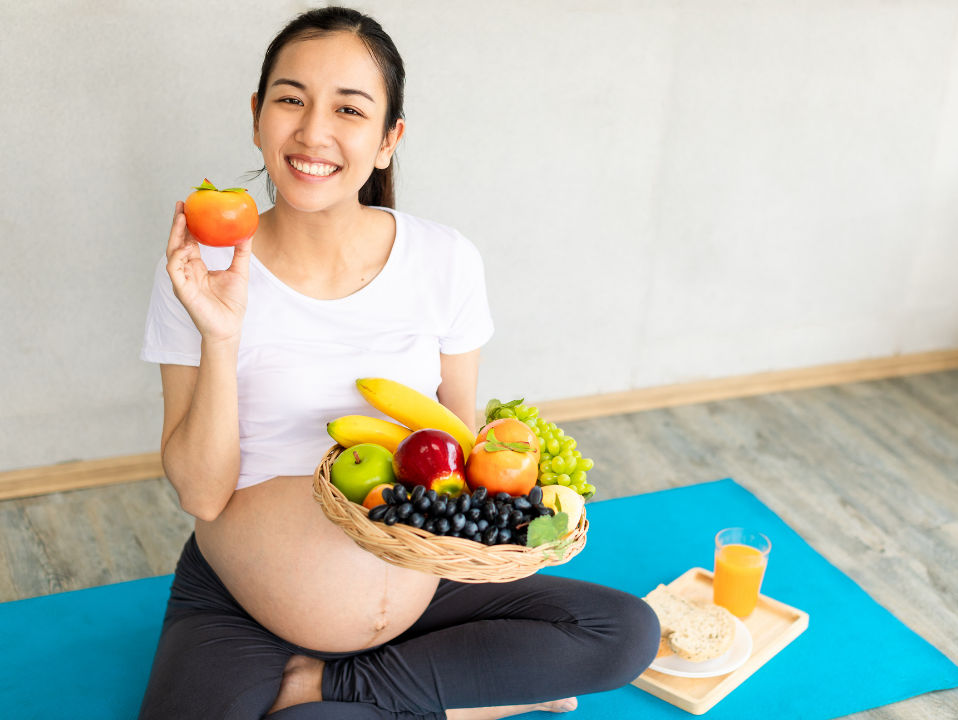Do you know the old story of how to test a woman’s fertility? A clove of garlic was placed in her vaginal canal. A few hours later, if you could smell garlic on her breath, it meant she had a fertile body.
(I want to personally thank modern science for debunking this practice.)
The connection between food and fertility is something observed by countless generations of humanity around the world who did their best to figure it out. Some ideas were flimflam (see the garlic method above), while others proved beneficial. Here, we list a few “fertility foods” that are time-tested and scientifically sound.
The Key Ingredients
According to multiple sources, there are vitamins and minerals key to preparing for a healthy pregnancy and maintaining it all the way to birth. At the top of the list are:
• Folate and folic acid: helps prevent premature birth
• Calcium and Vitamin D: for strong teeth and bones
• Protein: promotes the baby’s growth
• Iron: reduces the risk of premature birth and low birth weight, and helps with postpartum depression
Keeping these in mind, let’s take a look at some traditional pregnancy foods from around the world.
Food, Origin, Benefit
Food: Sushi
Origin: Japan
Benefit: Low-oil protein from the fish and carbs from the rice are both necessary for the baby’s healthy growth
Food: Spinach
Origin: China
Benefit: Spinach is rich in iron and folate, two absolute essentials for developing babies and pregnant moms
Food: Figs
Origin: Middle East
Benefit: This delicious fruit provides fiber, calcium, zinc, potassium, and iron which are all good for growing babies and expectant mothers
Food: Buckwheat, millet, or oatmeal
Origin: Nigeria
Benefit: These grains contain iron, carbohydrates, vitamins, and fiber – the right way to start a pregnant day!
Food: Tinolang manok with sayot (a soup with chicken and a type of gourd, sayote)
Origin: Philippines
Benefit: Tinolang manok with sayote has plenty of folic acid, a B vitamin used in DNA production, and chicken that provides protein for growth and development
Pregnancy and Nutrition Today
Modern scientific research backs up these nutrient-rich foods and their connection to improving fertility in women. According to a study reviewed in the Harvard Gazette,
[Women with the highest fertility] ate less trans fats and sugar from carbohydrates, consumed more protein from vegetables than from animals, ate more fiber and iron, took more multivitamins, had a lower body mass index (BMI), exercised for longer periods of time each day, and, surprisingly, consumed more high-fat dairy products and less low-fat dairy products. The relationship between [a fertility diet and actual fertility] was similar for different subgroups of women regardless of age and whether or not they had been pregnant in the past.”
While nutrition is not always an “exact” science, it’s clear that women can improve their fertility by leading healthy lives and eating well. For women planning to become pregnant, it’s recommended by countless cultures and doctors that they start eating right at least three months before they hope to conceive. So eat well and warm up the oven to get it ready for that bun.
Resources:





